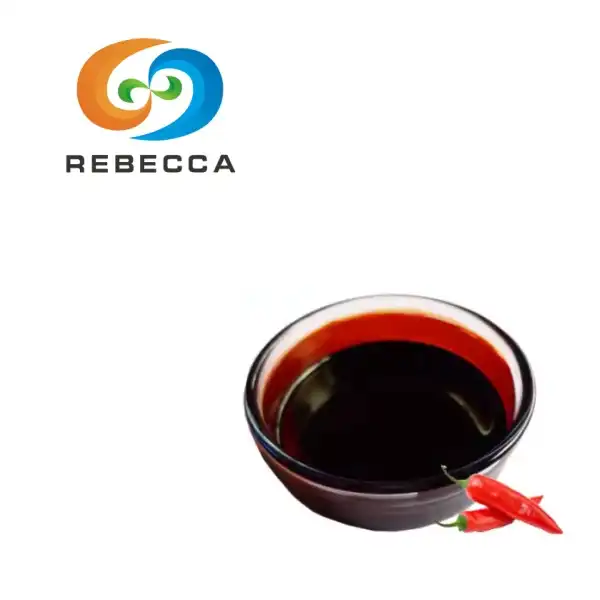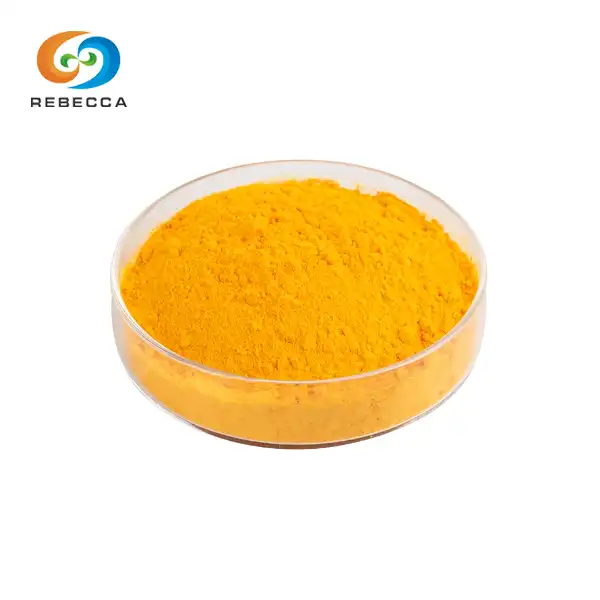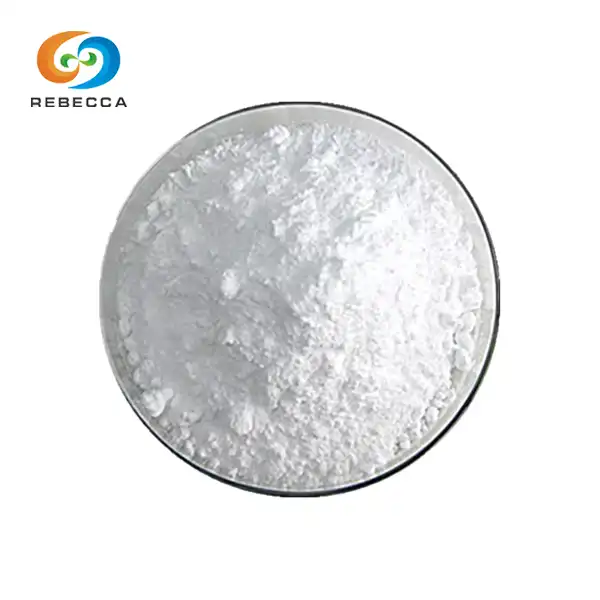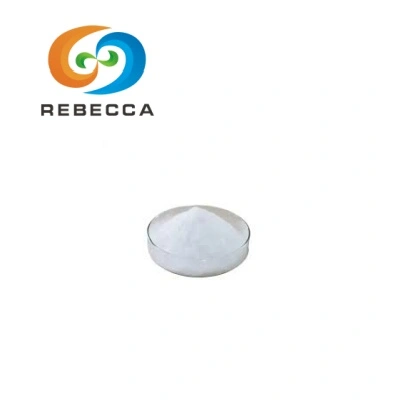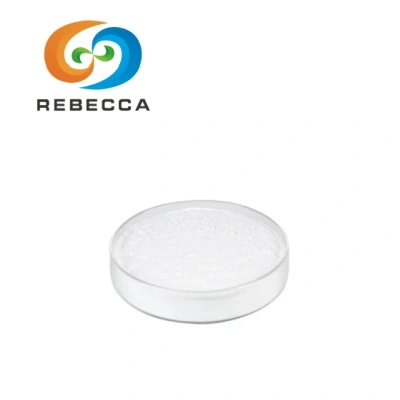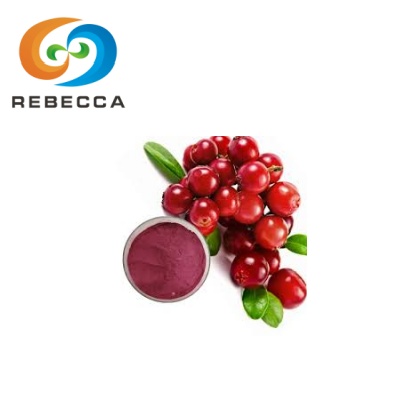Is it better to take L-carnitine in liquid or powder?
When it comes to incorporating L carnitine into your wellness routine, one common question that arises is whether to opt for the liquid or powder form. This amino acid-like compound, known for its role in energy production and fat metabolism, is available in various formulations, each with its own set of characteristics. Understanding the differences between liquid and powder L-carnitine can help you make an informed decision that aligns with your health goals, lifestyle, and personal preferences.
Absorption & Bioavailability
The effectiveness of any supplement hinges on how well the body can absorb and utilize it, and L-carnitine is no exception. Let's first explore how liquid and powder forms differ in terms of absorption and bioavailability.
Liquid L carnitine formulations are often praised for their potential for quick absorption. Since the active ingredient is already in a dissolved state, it may bypass some of the digestive processes required for solid forms, making it a suitable option for individuals with slower gut motility or those who experience challenges with digesting pills or powders. This pre-dissolved nature can be particularly beneficial for those who want to ensure that the supplement is readily available for the body to use, especially when taken on an empty stomach. However, it's important to note that the presence of additives in liquid forms, such as sugars, preservatives, or flavorings, can sometimes impact how the body processes the compound. Additionally, while some users believe liquid L-carnitine to have superior bioavailability, scientific research does not universally confirm this advantage, as individual metabolism and overall health can play significant roles in absorption.
On the other hand, l carnitine powder offers a different approach to absorption. In its powdered form, the supplement is typically pure and free of unnecessary additives, especially when unflavored, which appeals to those who prefer minimal processing. When mixed with water, juice, or other beverages, the powder dissolves effectively, allowing the body to break it down and absorb the L-carnitine during the digestive process. For individuals with normal digestive function, this dissolution process is efficient, and the body can effectively extract the necessary nutrients. While there may be a slight risk of clumping if the powder is not mixed thoroughly, this does not hinder its efficacy as long as the mixture is consumed in its entirety. The absence of additives in many powder formulations can also be a boon for those who want to avoid potential irritants or unnecessary ingredients in their supplements.
Ultimately, both forms are designed to deliver L-carnitine to the body, but the choice between them may depend on individual digestive health and preferences for additive-free products. Next, we'll explore how stability and shelf life differ between liquid and powder L carnitine
Stability & Shelf Life
Maintaining the quality of a supplement over time is crucial for ensuring its effectiveness, and the storage requirements and shelf life of liquid and powder L-carnitine can vary significantly.
Liquid L carnitine, due to its aqueous nature, is more prone to degradation when exposed to heat, light, or air. To combat this, manufacturers often add preservatives to liquid formulations to extend their shelf life. While these preservatives are generally safe, they may not be ideal for individuals who prefer supplements with minimal additives. Additionally, once a liquid bottle is opened, the risk of contamination increases, especially if it is not stored properly. Refrigeration is often recommended for liquid L-carnitine after opening to maintain its quality, which can be a consideration for those who are frequently on the go or prefer not to manage specific storage conditions.
In contrast, L carnitine powder boasts greater stability and a longer shelf life. When stored in a cool, dry place away from direct sunlight and moisture, powder can remain effective for an extended period, often without the need for refrigeration. The lack of water in powder form reduces the likelihood of bacterial growth or chemical degradation, making it a reliable choice for those who like to purchase supplements in bulk or prefer to have a supply on hand without worrying about spoilage. Furthermore, since powder does not require the same level of preservatives as liquid, it can be a preferable option for those seeking a more natural formulation. The simplicity of storing powder also adds to its appeal, as it can be easily kept in a pantry or cabinet alongside other supplements without special care.
For individuals who value convenience in storage and a longer-lasting product, powder may be the way to go. Now, let's turn our attention to how liquid and powder L-carnitine differ in terms of side effects and tolerability.
Side Effects & Tolerability
While L carnitine is generally well-tolerated by most people, understanding potential side effects and how each form may interact with the body is important for a safe and comfortable supplementation experience.
Liquid L carnitine, due to its concentrated form and possible additives, can sometimes cause gastrointestinal issues in sensitive individuals. Symptoms such as nausea, diarrhea, or stomach cramps may occur, especially if taken on an empty stomach or in higher-than-recommended doses. The flavorings used in some liquid formulations, which can be quite strong or tart, may also be off-putting for those with sensitive taste buds. However, these issues can often be mitigated by taking the liquid supplement with food or diluting it in water to reduce its concentration.
L carnitine powder, on the other hand, offers more flexibility in terms of mixing and dosing, which can help reduce the risk of side effects. By dissolving the powder in a beverage or incorporating it into food, users can control the concentration and avoid consuming it in a highly concentrated form that might irritate the stomach. The absence of artificial flavors or sweeteners in unflavored powder formulations also makes it a suitable choice for those who are sensitive to such additives. Additionally, the ability to adjust the dosage precisely with powder allows users to start with a lower amount and gradually increase it if needed, which can be helpful for determining their individual tolerance level.
It's important to note that both forms should be taken within the recommended dosage guidelines to minimize any risk of side effects. If you have a history of digestive issues or are taking other medications, consulting with a healthcare provider before starting any new supplement, whether liquid or powder, is a wise step to ensure safety and compatibility.
Bulk L Carnitine Powder
After examining the key factors of absorption and bioavailability, stability and shelf life, and side effects and tolerability, it's clear that both liquid and powder L-carnitine have their unique advantages. The decision ultimately comes down to your personal circumstances and priorities.
If you value convenience and ease of use, liquid L-carnitine may be the preferred option, especially if you have no issues with its flavor or potential additives. However, for those who seek control over dosage, purity, and long-term cost-effectiveness, l carnitine powder stands out as a versatile and reliable choice. Its high stability, lack of unnecessary additives, and flexibility in mixing make it a popular option for many individuals, from fitness enthusiasts to those incorporating L-carnitine into their daily wellness routines.
Looking for a reliable source of high-quality l-carnitine powder? Rebecca Bio-Tech is here to meet your needs. Our factory produces this essential supplement at a competitive price, ensuring you get the best value for your investment. With a production capability of 500 tons per year, we have the powerful capacity to fulfill any of your requirements. Whether you need a small batch or a large order, Rebecca Bio-Tech is equipped to deliver. For more information or to place an order, simply reach out to us at information@sxrebecca.com.
References
1. National Institutes of Health. (2021). L-Carnitine. Office of Dietary Supplements.
2. Food and Drug Administration. (2020). Dietary Supplement Labeling Guide.
3. Journal of the International Society of Sports Nutrition. (2018). Safety and Efficacy of L-Carnitine L-Tartrate Supplementation in Exercise Performance.

